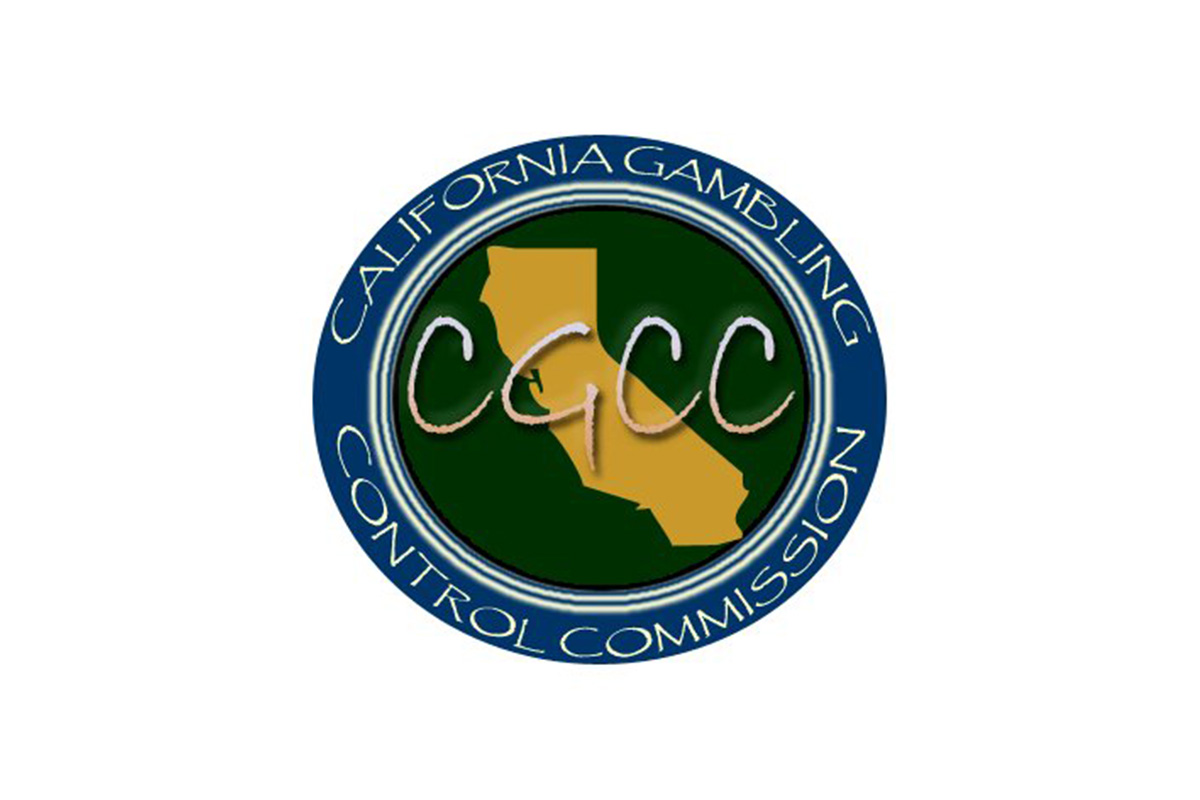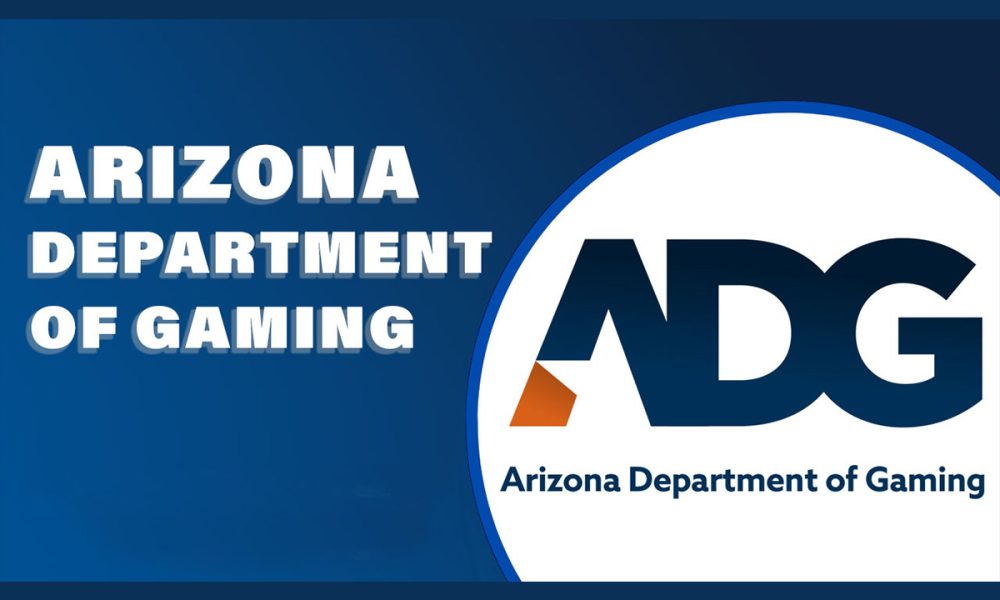

Compliance Updates
Two Players from Korn Ferry Tour Suspended for Betting on PGA Tour Events
The PGA Tour announced that it has suspended two players on the Korn Ferry Tour for violating the Integrity Program. In an emailed statement, the tour said Vince India and Jake Staiano placed bets on PGA Tour competitions, though did not bet on tournaments in which they were participants.
The tour said Vince India is suspended from PGA Tour-sanctioned competition for six months, with the suspension having begun on Sept. 18, 2023. Staiano is banned from PGA Tour-sanctioned tournaments for three months, with his suspension starting on Sept. 11, 2023.
The tour said it will have no further comment on the suspensions at this time.
Vince India, 34, is a University of Iowa alum who has played fulltime on the KFT since 2019 and has career KFT earnings of $569,844. He had eight top-10 finishes from 2019-23 but didn’t post a top-10 this season in 22 starts, while making half the cuts. He has three career PGA Tour starts without making a cut.
Staiano, 26, has played in 17 total events on the KFT over the past two seasons, with the Colorado State product earning $30,910 in the six cuts he’s made. He played eight times in 2023 and made three cuts, with one top-25 finish. Staiano has not played on the PGA Tour.
The tour’s Integrity Program manual, which was last updated in September 2021, states that its primary purpose is “preventing betting-related corruption in PGA TOUR competitions”.
Among the prohibited actions in the manual is “Betting on Professional Golf Events”. The text of the rules read: “Any Covered Person, directly or indirectly, Betting on the outcome or any other aspect of any PGA TOUR Event, any other professional golf competition or any elite amateur golf competition (including Olympic Golf) anywhere in the world (Professional Golf Event). In this Manual, ‘Betting’ means (A) placing any money or other thing of value on the occurrence of an uncertain outcome with the expectation of return or (B) participating in any fantasy or other game that awards a prize of value, including any free-to-play, paid or daily fantasy game, unless expressly approved by the PGA TOUR.”
California
California Gambling Control Commission Issues New Precedential Decision on Licensing Requirements

The California Gambling Control Commission has issued a new Precedential Decision that addresses licensure requirements for funding sources of Third-Party Providers of Proposition Player Services (TPPPS).
The decision, formally titled Precedential Decision 2025-01, was adopted on August 21, 2025, and is now available on the Commission’s Precedential Decisions page
along with all prior precedential rulings.
This latest decision provides further clarity on licensing obligations and regulatory expectations for individuals and entities involved in funding TPPPS operations—a key aspect of maintaining integrity and oversight in California’s regulated gambling industry.
Stakeholders and members of the public can stay informed by subscribing to receive notifications when new Precedential Decisions are under consideration or adopted. The Precedential Decisions Subscription Signup Form, along with other subscription options for Commission meeting agendas, newsletters, and rulemaking updates, is available on the Commission’s website.
For questions or additional information, contact the Commission at (916) 263-0700 or via email at [email protected]
.
The post California Gambling Control Commission Issues New Precedential Decision on Licensing Requirements appeared first on Gaming and Gambling Industry in the Americas.
Arizona Department of Gaming
Arizona Department of Gaming Issues Cease-and-Desists on “Phoenix Dream Home Sweepstakes”

The Arizona Department of Gaming (ADG) issued cease-and-desist orders to Raffall, a company based in the UK, and to an Arizona resident using the platform to promote the “Phoenix Dream Home Sweepstakes,” currently advertised online and through a separate website, winthisazhome.com, which is marketing the chance to “Win a Luxury $1.3M Arizona Mountainside Home”.
According to the Department’s investigation, the promotion required participants to purchase entries for a prize to be awarded and promised either a home transfer or a cash payout, depending on sales volume. The investigation further determined that the organizers intended to profit from ticket sales. Based on these findings, the Department alleges the activity constitutes an illegal gambling operation under Arizona law.
As part of the enforcement action, Raffall has been directed to remove all gambling-related drawings or giveaways targeting Arizona residents, and the Arizona resident has also been ordered to cease promoting or conducting any unlawful gambling activity.
“Illegal gambling can take many forms and it does not matter if it is labeled a sweepstakes, raffle, giveaway, or drawing. Unregulated operations put Arizonans at risk because there is no oversight, and therefore no accountability or safeguards in place. The Department will continue to take enforcement action to protect consumers, and we urge the public to learn what is legal before participating in or hosting any gambling activity,” said Jackie Johnson, Director of the Arizona Department of Gaming.
The post Arizona Department of Gaming Issues Cease-and-Desists on “Phoenix Dream Home Sweepstakes” appeared first on Gaming and Gambling Industry in the Americas.
Australia
Entain’s Andrew Vouris to Speak at Regulating the Game 2026

Leading gaming law and regulation conference Regulating the Game has announced the newly appointed CEO of Entain Australia and New Zealand as its first Featured Speaker for its March 2026 event in Sydney.
The conference is scheduled to take place from 9 to 11 March 2026 at the Sofitel Sydney Wentworth.
Andrew Vouris, who was appointed CEO of Entain Australia and New Zealand in August, brings almost two decades of leadership experience in wagering, operations and innovation at some of Australia’s largest wagering operators.
His career spans senior leadership roles in Tabcorp’s multi-billion dollar wagering and media business, heading global operations of a pioneering esports and wagering platform, and partnering with private equity to build early-stage ventures in esports. Across these roles he has been deeply engaged in navigating complex regulatory and compliance challenges.
Since stepping into the CEO role at Entain Australia and New Zealand, Vouris has outlined his desire to embed a culture of “win, but not at all costs”, to return to the basics of selling bets and to lead innovation while ensuring customers are protected.
“I am grateful for the opportunity to speak at Regulating the Game 2026, which provides a unique global platform for advancing dialogue between regulators, industry and thought leaders,” Vouris said.
“At a time when public expectations and regulatory demands are at an all-time high, I look forward to sharing Entain’s vision for balancing sustainable growth, compliance leadership, and customer protection.”
Paul Newson, Principal at Vanguard Overwatch and founder of Regulating the Game, added: “Andrew’s leadership vision for Entain and his extensive track record across wagering and esports bring an important perspective to Regulating the Game 2026. His focus on culture, compliance and innovation aligns strongly with the values of the conference, and we are thrilled to feature his insights as part of this year’s program.”
The post Entain’s Andrew Vouris to Speak at Regulating the Game 2026 appeared first on European Gaming Industry News.
-

 gaming3 years ago
gaming3 years agoODIN by 4Players: Immersive, state-of-the-art in-game audio launches into the next generation of gaming
-
EEG iGaming Directory9 years ago
iSoftBet continues to grow with new release Forest Mania
-
News8 years ago
Softbroke collaborates with Asia Live Tech for the expansion of the service line in the igaming market
-
News7 years ago
Super Bowl LIII: NFL Fans Can Bet on the #1 Sportsbook Review Site Betting-Super-Bowl.com, Providing Free Unbiased and Trusted News, Picks and Predictions
-
iGaming Industry8 years ago
Rick Meitzler appointed to the Indian Gaming Magazine Advisory Board for 2018
-
News7 years ago
REVEALED: Top eSports players set to earn $3.2 million in 2019
-
iGaming Industry8 years ago
French Senator raises Loot Boxes to France’s Gambling Regulator
-
News7 years ago
Exclusive Interview with Miklos Handa (Founder of the email marketing solutions, “MailMike.net”), speaker at Vienna International Gaming Expo 2018









